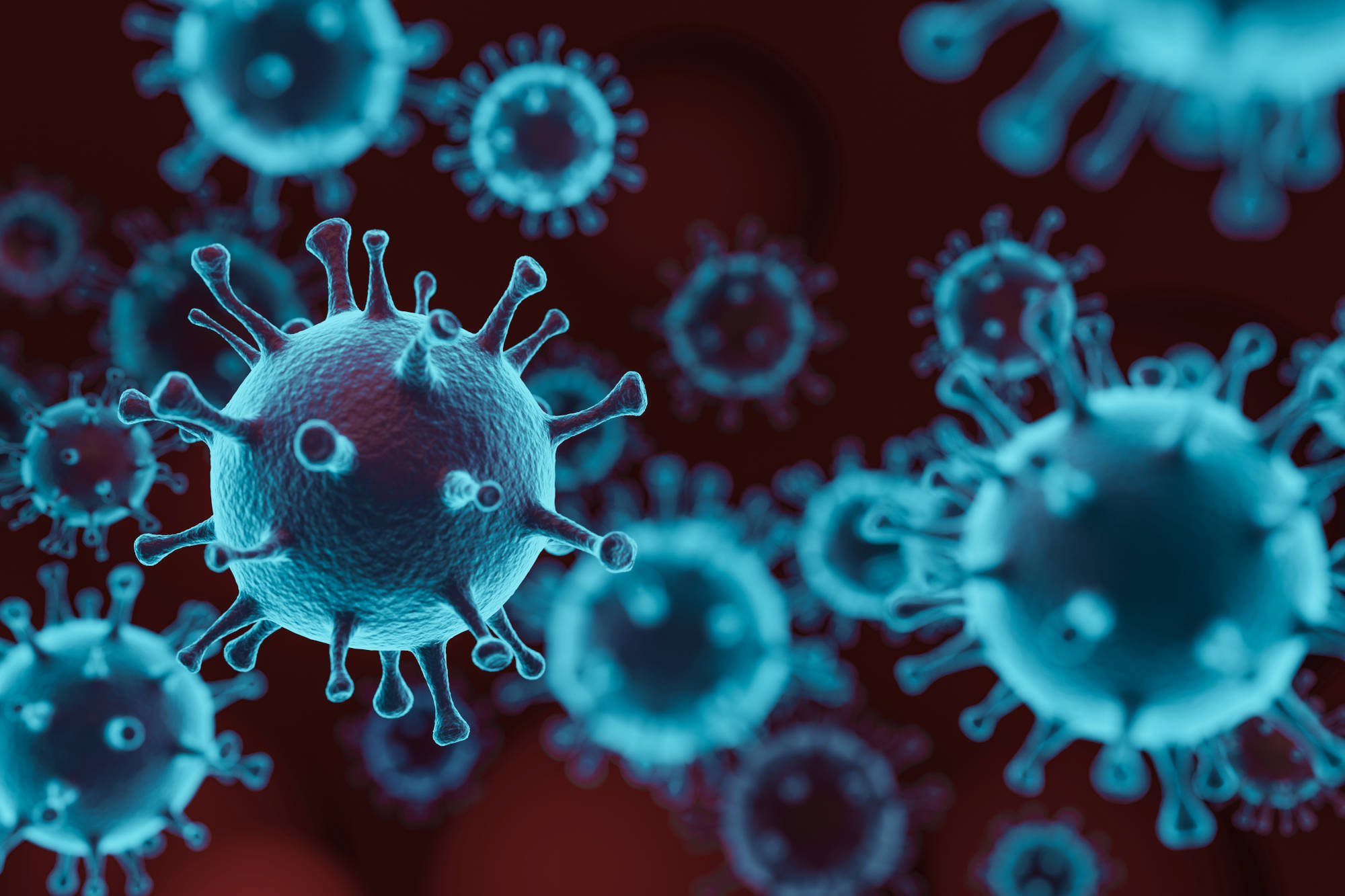
COVID-19 has become the most pressing global public health crisis in decades, with more than 3.6 million cases recorded in the United States alone as of the writing of this article. The biggest challenge of the pandemic is the novelty of this coronavirus and the absence of an approved drug or vaccine. Under extreme time pressure to treat patients with severe symptoms, several pre-existing drugs including remdesivir, chloroquine, lopinavir/ritonavir, and arbidol have caught the attention of researchers. Clinical trials were conducted in the hopes that they show clinical efficacy against the highly infectious SARS-CoV-2 strain.
Remdesivir is an adenosine analogue prodrug that inhibits viral RNA polymerases, including SARS-CoV-2 in vitro1.Although not FDA-approved to treat COVID-19, healthcare providers have initiated compassionate use of remdesivir for patients with confirmed SARS-CoV-2 and low oxygen saturation. In a cohort study published in April, researchers administered a 10-day course of intravenous remdesivir to patients with COVID-19 and reported clinical improvement in 36 of 53 patients (68%)2. This study showed promise for the use of remdesivir but lacked a control group to conclude the efficacy of the drug. In another trial reported in May, researchers conducted a randomized, double-blind, placebo-controlled trial with 236 patients. However, the results of this particular trial showed no significant difference between clinical improvement rates of the remdesivir group and placebo group3. The results of the most recent phase three trial conducted by Gilead indicated that the 5-day remdesivir course group was 65% more likely to have clinical improvement compared to the control group, which only received standard care. The 10-day remdesivir course group did not show statistical significance when compared to the control group4.
Chloroquine is another example of a drug that quickly gained interest during the early days of the pandemic. It is normally used to treat malaria and arthritis, and its antiviral effects have resulted in its administration to patients with COVID-19 without much evidence of clinical efficacy. In an observational study, researchers followed 1376 patients at a medical center in New York City and compared the results between those who received hydroxychloroquine and those who did not. The study concluded that there was no significant difference between the two groups5. The Recovery trial run by Oxford University followed a greater sample size, but ultimately also issued a statement announcing that chloroquine has no beneficial effect when used to treat COVID-196. FDA has also cautioned use of chloroquine due to side effects such as serious heart rhythm problems7.
Lopinavir and ritonavir are combined antiretroviral medications used to control HIV infection. A randomized, controlled study published in May assigned 199 patients to either the lopinavir-ritonavir group or the control group that only received standard care. Mortality rates at 28 days for the experimental group was slightly but not significantly lower than the control group. The percentage of patients with detectable viral RNA was similar in both groups. Ultimately, it was concluded that use of lopinavir and ritonavir did not provide any benefits for treating COVID-198. WHO announced in July that it would discontinue its hydroxychloroquine and lopinavir/ritonavir trials due to evidence that neither of these medications benefit patients with COVID-199.
Arbidol is commonly used in China and Russia to treat influenza by blocking virus-cell membrane fusion10. Li et al. conducted a randomized trial with 35 patients who received arbidol orally and 17 who received no antiviral medication. The rate of positive-to-negative conversion of SARS-CoV-2 nucleic acid was similar in both groups. The arbidol group exhibited adverse effects, while the control group did not. Arbidol presented no benefit to patients with COVID-1911.On the other hand, another study concluded that arbidol significantly reduced COVID-19 infection among health professionals. Arbidol may not be effective in treating COVID-19, but this study sheds light on its possible preventative abilities12.
No therapeutics have been proven to effectively treat COVID-19 at this stage, but studies are taking place globally to further explore the efficacy of the drugs mentioned.
References:
- Sheahan TP, Sims AC, Graham RL et al. (2017). Broad-spectrum antiviral GS-5734 inhibits both epidemic and zoonotic coronaviruses. Sci Transl Med.
- Grein, Jonathan, et al. (2020). Compassionate Use of Remdesivir for Patients with Severe Covid-19. New England Journal of Medicine, vol. 382, no. 24, pp. 2327–2336. doi:10.1056/nejmoa2007016.
- Wang, Yeming, et al. (2020). Remdesivir in Adults with Severe COVID-19: a Randomised, Double-Blind, Placebo-Controlled, Multicentre Trial. The Lancet, vol. 395, no. 10236, pp. 1569– 1578. doi:10.1016/s0140-6736(20)31022-9.
- Gilead Announces Results From Phase 3 Trial of Remdesivir in Patients With Moderate COVID-19. (2020) Gilead, Gilead Sciences.
- Geleris, Joshua, et al. (2020). Observational Study of Hydroxychloroquine in Hospitalized Patients with Covid-19. New England Journal of Medicine, vol. 382, no. 25, pp. 2411–2418. doi:10.1056/nejmoa2012410.
- No Clinical Benefit from Use of Hydroxychloroquine in Hospitalised Patients with COVID-19 (2020) RECOVERY Trial.
- Center for Drug Evaluation and Research. FDA Cautions Use of Hydroxychloroquine/Chloroquine for COVID-19. (2020). U.S. Food and Drug Administration, FDA
- Cao, Bin, et al. (2020). A Trial of Lopinavir–Ritonavir in Adults Hospitalized with Severe Covid-19. New England Journal of Medicine, vol. 382, no. 19, pp. 1787–1799. doi:10.1056/nejmoa2001282
- WHO Discontinues Hydroxychloroquine and Lopinavir/Ritonavir Treatment Arms for COVID-19. World Health Organization, 4 July 2020
- Villalaín J. (2010). Membranotropic effects of arbidol, a broad anti-viral molecule, on phospholipid model membranes. J Phys Chem B. 2010;114(25):8544–8554. doi:10.1021/jp102619w.
- Li, Yueping, et al. (2020). Efficacy and Safety of Lopinavir/Ritonavir or Arbidol in Adult Patients with Mild/Moderate COVID-19: An Exploratory Randomized Controlled Trial. Med, doi:10.1016/j.medj.2020.04.00
- Yang, Chunguang, et al. (2020). Effectiveness of Arbidol for COVID-19 Prevention in Health Professionals. Frontiers in Public Health, vol. 8, 2020, doi:10.3389/fpubh.2020.00249.

